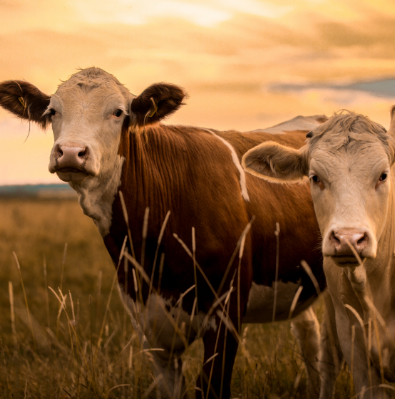‘Never work with children or animals’ was the advice of W.C. Fields, an American actor and writer who made a name for himself in the early part of the 20th century.
Here at LMAC, we’ve never done consultancy work with kids (although our clients seem to be getting younger and younger all the time!) but we do pride ourselves on the work we’ve done in the farming industry.
The General Manager of a processing plant once told me, ‘There’s nothing simple about working with animals. It’s a quote I like to share with people who sometimes underestimate what a complex industry farming is. Farm managers today need mathematical, scientific, financial, business, communication and people management skills, as well as being animal behavioural experts.
There are so many variables involved, many of them out of control of people who like to be in control. While there are events farm managers cannot control — such as the weather and livestock pests and diseases — much of the work can be standardised.
The foundation for any high performing business is standardisation which can be defined as a set of guidelines that ensures processes and procedures are repeatable and carried out to the same high standards every time. Most farms in New Zealand would benefit from introducing standardisation practices. A commitment to a continuous improvement methodology helps managers cope with complexity and uncertainty and is vital to building a successful business in this industry.
Recently we worked with two underachieving livestock farms in New Zealand. We helped them implement the right tools and processes to establish best practice. With the support of committed farm managers and their teams, the incremental changes we introduced began to have an impact. Standardised routines and tasks allowed problems to be quickly identified. This paved the way for simple problem-solving techniques to drive improvement, day after day. We focused on delivering results that improved animal welfare and also had a beneficial knock-on effect on the overall performance of the farm.
Over a 12 to 18 month period, this focus on incremental improvements and best practice saw the two farms we worked with rank among the best in their respective regions.
The farm managers learned that a complex business model should not limit your ambition and your ability to improve. The concept of standardisation may not be part of the old-school Farming 101 curriculum but without it, the gaps in the processes and procedures that lead to poor performance are difficult to identify. If you cannot see the gaps, how can you plug the holes? ‘Adapt or fail,’ should be the motto of those in the farming industry.

